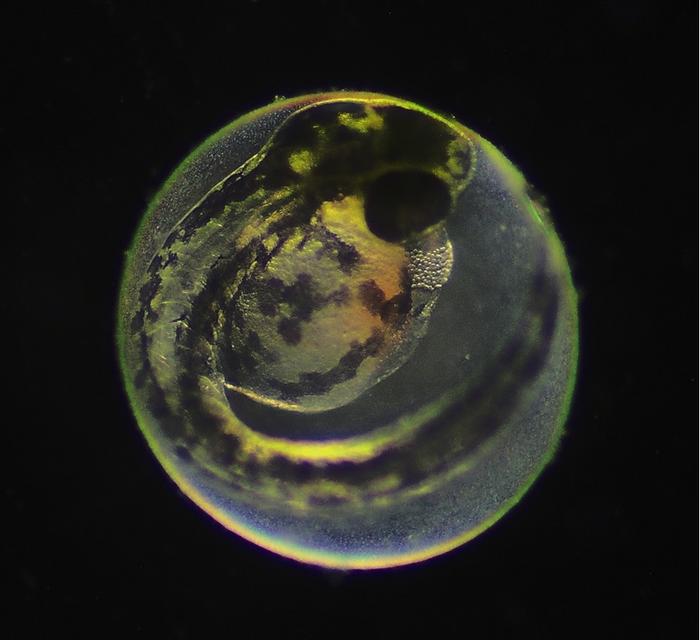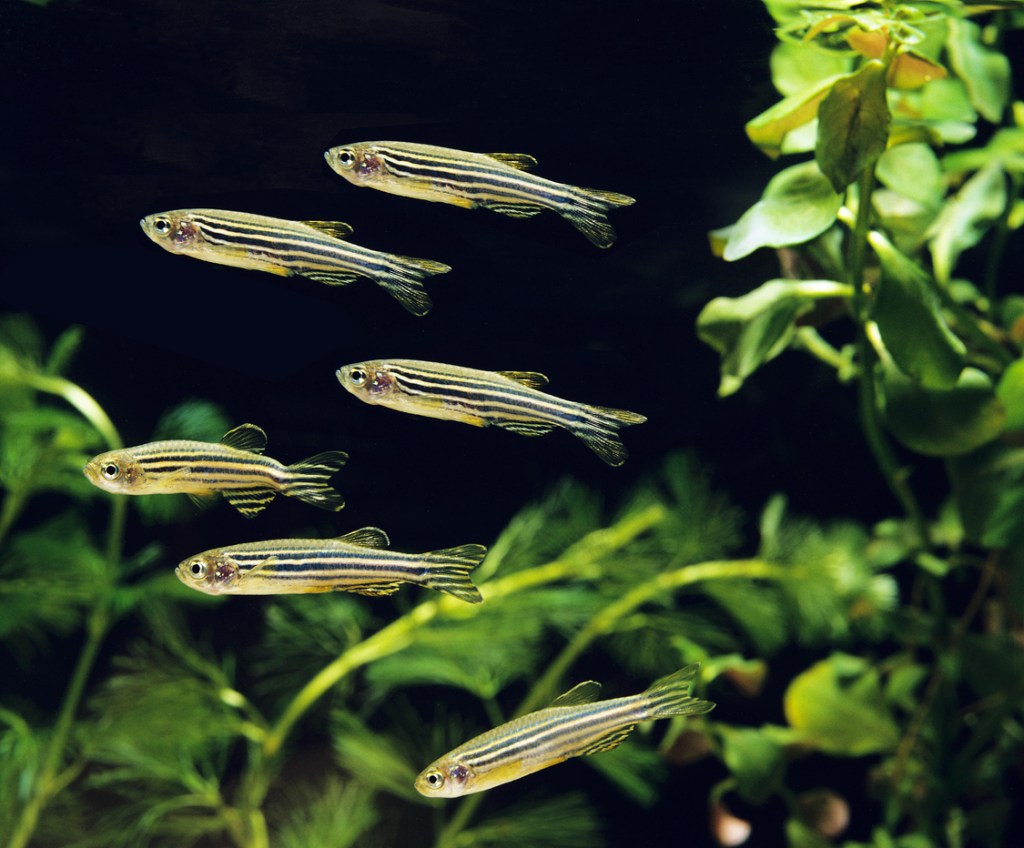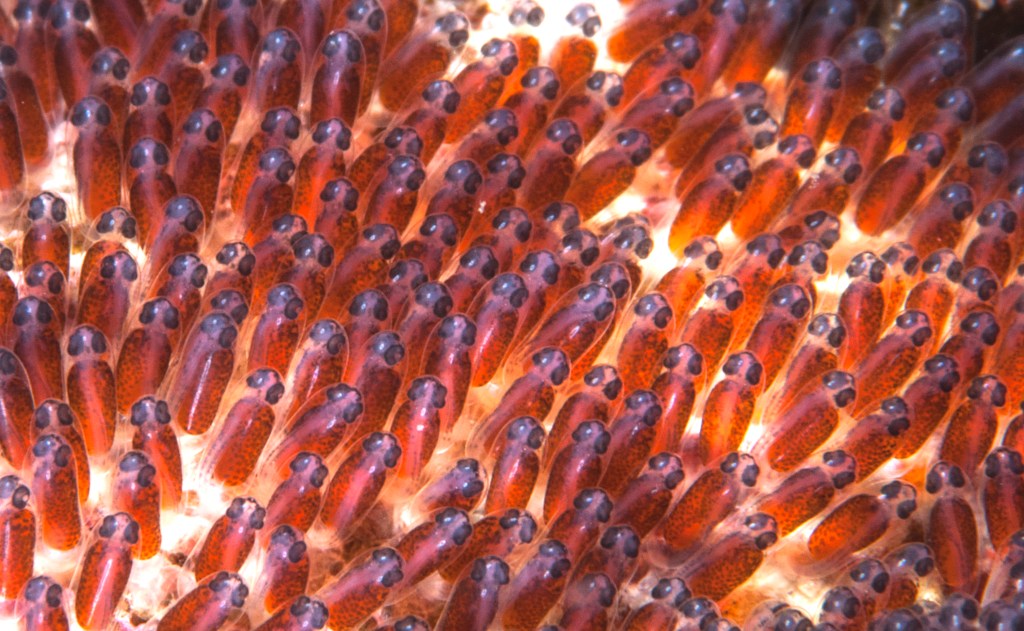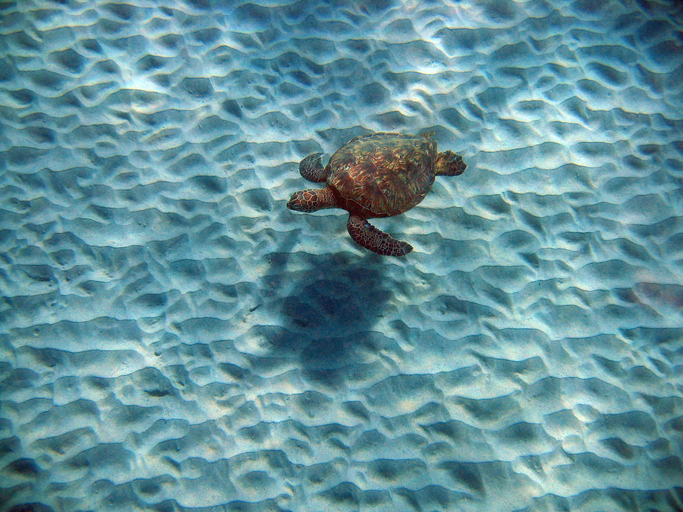Kids with summer birthdays get it: It can be frustrating when the timing of a major life event yields unwanted outcomes, like not being able to celebrate with friends in class. But for fish, the timing of their birth can lead to more serious consequences — like whether they live or die. So, these young sea creatures take matters into their own hands (er, fins).
Scientists already knew that fish have the ability to choose their own birthday, aka the day and time they hatch. But now they know how they do it. In a study published Dec. 5 in Science, researchers discovered that the animals initiate the hatching process via a brain signal called the thyrotropin-releasing hormone, or TRH, which travels to a hatching gland that disintegrates the egg wall. As a result, the young fish can emerge.

The key to the novel finding was the uncovering of this hidden neural circuit in zebrafish, which indicates that the fish are essentially in control of their destiny from the embryo. It’s easy to understand why this mechanism remained unknown for so long, as it has a short life, forming only right before it’s used and dissipating quickly after.
And yet, this short-lived circuit determines a fish’s fate at an early age. “This groundbreaking discovery uncovers a previously unknown neural mechanism that governs a critical life-stage transition, showing that embryos are not passive but instead actively make life-or-death decisions,” the Hebrew University of Jerusalem researchers noted in a press release.
This process determines the outcome of “one of the most critical events for oviparous species [which produce eggs that hatch outside the mother’s body],” the study reads. “The decision to hatch is often carefully timed to coincide with favorable conditions that will improve survival through early life stages.”
And “favorable conditions” means something different for various types of fish. A 2012 study of zebrafish, for instance, found that the eggs preferred to hatch during daylight, and if they were ready to go when it was dark out, they’d wait until favorable conditions arrived again. “The hatching rhythms appeared to be controlled by a clock mechanism that restricted or ‘gated’ hatching to a particular time of day/night (window),” the research said. On the flip side, the Senegalese sole that were also studied opted to hatch in darkness.
But the fishes’ inclinations are more than mere preferences. “Survival hinges on perfect timing,” the press release added. If the fish hatch too early or late, they risk “certain death,” as they may not be able to perform basic functions like breathing, or more complicated ones like avoiding predators. And if they don’t have any TRH when they need it, they’ll die before they’re born.

So for the vertebrates, picking their own birthday comes with a lot of pressure. For the scientists, however, the discovery of this long-sought circuit sparks questions as to which other species may be controlling their own destinies in a similar way. And ultimately, these insights into fish behavior yield “a deeper understanding of the intricate interplay between neurobiology and environmental adaptation,” the press release notes.












